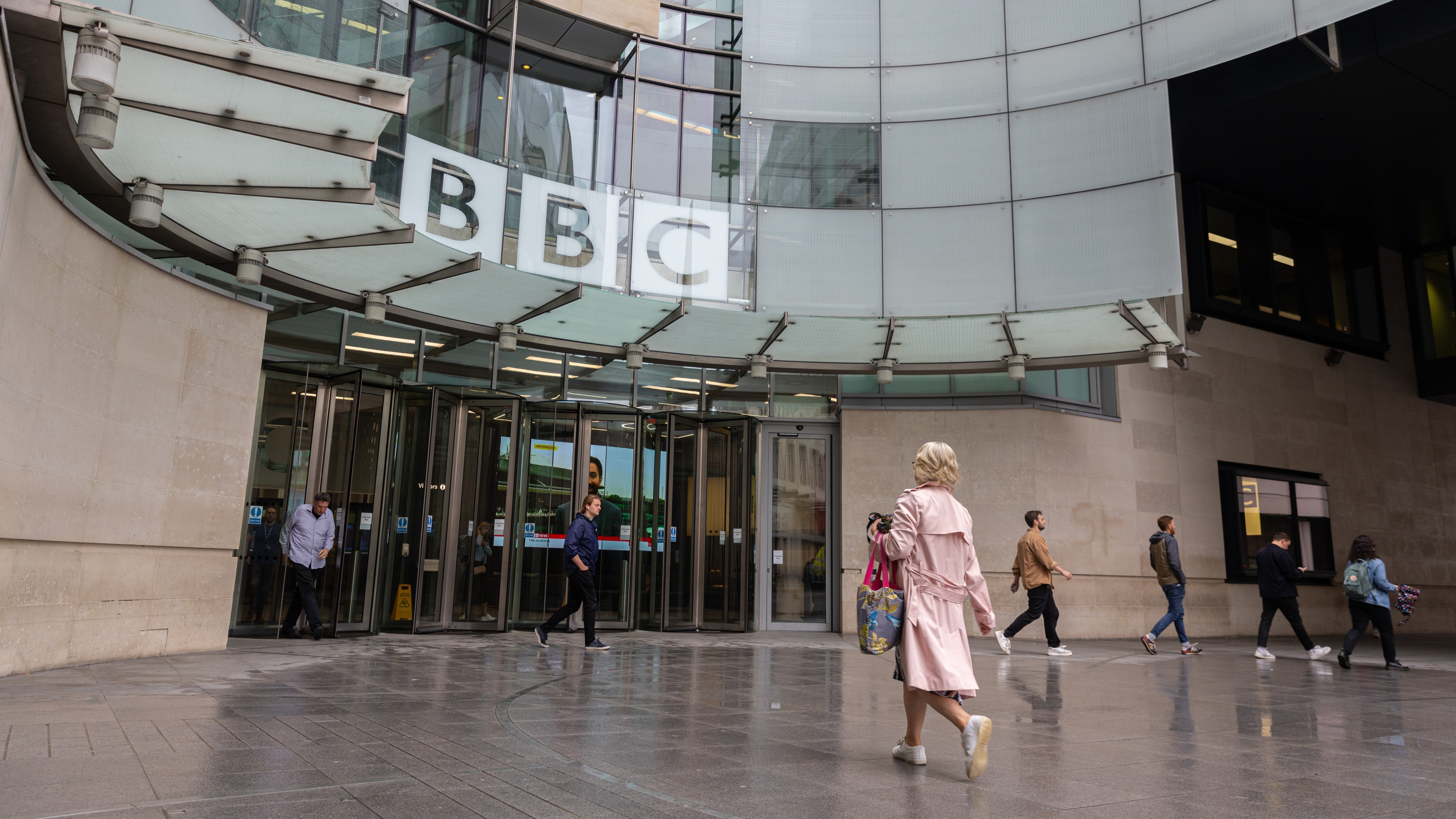Generative AI will enrich tech companies but will substantially jeopardise the income of human creators in the music and audiovisual sectors in the next five years.
This is one of the key findings of a global study measuring the economic impact of AI on the music and audiovisual sectors. The report was commissioned by the International Confederation of Societies of Authors and Composers (CISAC), and conducted by PMP Strategy.
.jpg)
It predicts the revenues of Gen AI providers will see dramatic growth over the next five years, but creators risk losing a large share of their current income due to AI’s substitutional impact on human-made works.
Music and audiovisual creators will see respectively 24% and 21% of their revenues at risk of loss by 2028, according to the report. This amounts to a cumulative loss of €22bn over the five-year period (€10bn in music; €12bn in audiovisual).
The study finds that the market for music and AV content generated by AI will increase exponentially in the next five years, growing from around €3bn now to €64bn in 2028.
The economic study assesses that, as a result of this exponential growth in the market for music and audiovisual content, the future revenues of Gen AI providers will rise to annual revenues of €4bn in music (up from €0.1bn in 2023) and €5bn in audiovisual (up from €0.2bn) by 2028. These are revenues derived directly from the unlicensed reproduction of creators’ works, representing a transfer of economic value from creators to AI companies.
In the music sector, the streaming and music library markets will be strongly impacted by AI. By 2028, Gen AI music is projected to account for approximately 20% of traditional music streaming platforms’ revenues, and around 60% of music libraries’ revenues.
In the audiovisual sector, translators and adaptors for dubbing and subtitling will experience the strongest impact, with 56% of their revenue at risk, while screenwriters and directors could see their revenues cannibalised by 15–20%.
The study concludes: “In an unchanged regulatory framework, creators will actually suffer losses on two fronts: the loss of revenues due to the unauthorised use of their works by Gen AI models without remuneration; and replacement of their traditional revenue streams due to the substitution effect of AI-generated outputs, competing against human-made works”.
CISAC President Björn Ulvaeus said: "For creators of all kinds, from songwriters to film directors, screenwriters to film composers, AI has the power to unlock new and exciting opportunities – but we have to accept that, if badly regulated, generative AI also has the power to cause great damage to human creators, to their careers and livelihoods. Which of these two scenarios will be the outcome? This will be determined in large part by the choices made by policy makers, in legislative reviews that are going on across the world right now. It’s critical that we get these regulations right, protect creators’ rights and help develop an AI environment that safeguards human creativity and culture."

Saleha Williams appointed CEO of IABM
Saleha Williams has been appointed as the Chief Executive Officer (CEO) of IABM.

Comcast sets leadership team for ‘SpinCo’ cable unit
US media and telco giant Comcast has unveiled the leadership team for SpinCo as it prepares to spin off its cable television portfolio later in the year.

Labour exploring ‘alternative funding options’ to BBC licence fee
UK Culture Secretary Lisa Nandy is reportedly considering scrapping the BBC licence fee at the end of the Corporation's current charter in December 2027.

BBC Director-General Tim Davie to head Creative Cities Convention speakers
BBC Director-General Tim Davie has been lined up as one of the key speakers at this year’s Creative Cities Convention, being held from May 7–8 in Bradford as part of its UK City of Culture 2025 celebrations.

ITV names Sam Tatlow as Head of Diversity, Equity and Inclusion
ITV has promoted Sam Tatlow to the newly created role of Head of Diversity, Equity and Inclusion.




